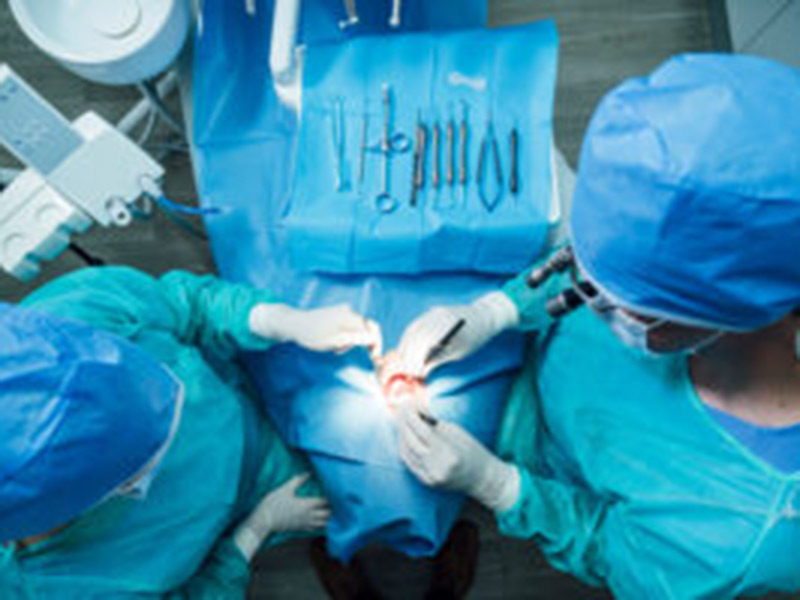An Array of Surgical Options

Despite the highly localized region of the body, the mouth is an incredibly complex thing. This of course then reflects on the diversity of care necessary to maintain a healthy and vibrant smile. And a large aspect of dentistry falls under the category of surgery, which can often alarm patients at first.
But oral surgical procedures are highly routine, and should not dissuade anyone from seeking out the care that they need. Today, your Kansas City, MO dentist speaks to you on some of the more common forms of oral surgery, and when they might be of help to you!
That Sounds Serious!
When people envision surgery, they most often think of major procedures performed on the body, like an open heart surgery or an appendectomy. While these do fall under the same medical branch as oral health courses of action, many aspects of them can be significantly different.
For instance, the recovery time is usually much longer for treatment of other parts of the body. Whenever muscle material needs to be rebuilt, there is an important period of physical therapy required to repair the function of the area. With the mouth, however, many of these maneuvers utilize local anesthetic, and should not put you off your feet for very long.
I Hadn’t Thought Much About It
Surgery itself refers to the physical removal or alteration of the body’s tissue, and that can understandably encompass many different things. This can include a wide variety of different tactics and motivations. And healing a tooth is very different from the periodontal, or gum tissue.
One major common reason for oral surgery stems from improperly growing wisdom teeth. Their development can often lead to misalignment, cracked teeth, or even jaw concerns. While still routine, this procedure may require you to be placed under general anesthesia. The full recovery time is usually around two weeks, but once the anesthesia has worn off, you should still be able to function for work or play.
Preserving Your Smile
For those needing the extraction of other teeth, a bone graft might also be necessary to stabilize the area. By removing a significant amount of solid matter from your jaw, the remaining structure may become weak or unstable. This can also help to preserve your bone, as after the loss of a tooth, the body may begin to reabsorb the resources to protect the rest of the body.
If you are thinking of having an implant placed on that site, as well, a bone graft will most likely be the next step for you. This will create a sturdy base for the post to adhere. Without this, there is the possibility of implant failure, which can cause serious damage to your smile. We’d like to ensure that things go as smoothly as possible the first time!
As you can tell, this term really does mean a whole host of possibilities. Rest assured that whatever your needs may be, we will work tirelessly to make your dental dreams come true!
Let’s Make a Plan!
If you have any further questions, or to schedule an appointment, please give Dr. Lucaci at Cosmetic Implant Dentistry Kansas City in Kansas City, MO a call today at (816)320-6414!
